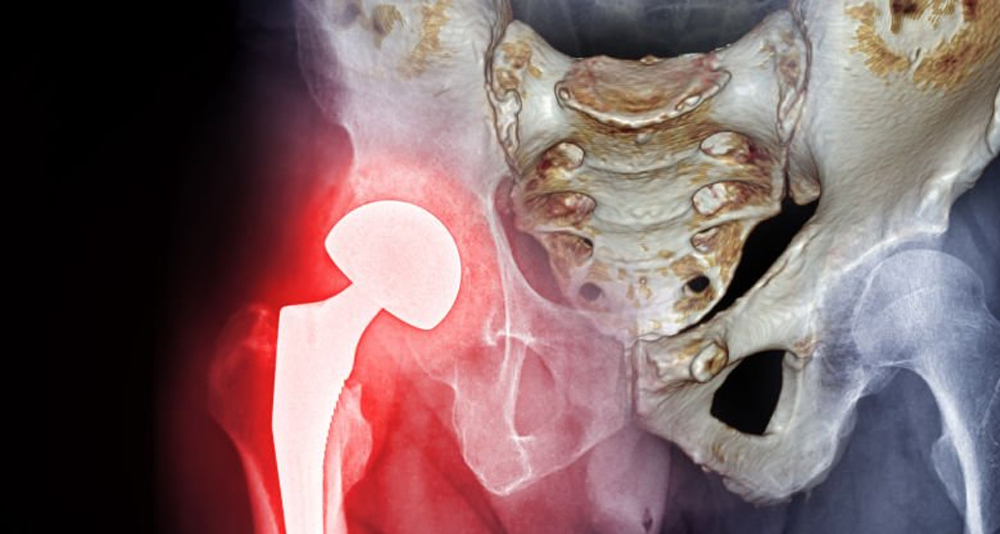Complications and Recovery from a Broken Hip
Complications and Recovery from a Broken Hip are influenced by the severity of the fracture, the type of treatment received, and the patient’s overall health and mobility before injury. The most common complications and recovery from a broken hip challenges include infection, blood clots, joint stiffness, and delayed rehabilitation. However, most patients improve with proper care and persistence.
Post-surgical complications include wound infections, blood loss, and deep vein thrombosis (DVT). Preventative steps like blood thinners, compression stockings, and early mobilisation reduce these risks. Older patients may also face heart or lung complications, particularly if surgery is delayed.
Dislocation or loosening of joint implants can occur, especially after hip replacement. Following weight-bearing restrictions and avoiding extreme hip movements helps protect the joint during recovery. Physiotherapists and occupational therapists provide guidance on safe movement and positioning.
Bone healing issues such as nonunion or malunion may lead to chronic pain and limited range of motion. These are more common in patients with poor nutrition, osteoporosis, or who smoke. Additional surgery may be needed in such cases.
Complications and Recovery from a Broken Hip
Psychological impacts should not be underestimated. Depression, anxiety, and fear of falling again are common. Patients may feel helpless or dependent, particularly if they relied on physical activity before the injury. Encouragement, social support, and mental health care are key elements of recovery.
Recovery times vary. Most people begin walking again within a week or two using assistance. Full recovery can take up to six months, depending on the person’s age, the complexity of the fracture, and the consistency of rehabilitation. Patients who were active before injury tend to recover more quickly.
Long-term outcomes improve significantly when patients follow a structured rehab programme, eat well, avoid risky movements, and attend regular follow-ups. Family support and home adjustments — such as removing rugs, improving lighting, and adding grab bars — help prevent re-injury.
Successful management of complications and recovery from a broken hip requires medical, physical, and emotional support. With the right plan, most people can regain independence and quality of life.


